|
If you're unsure about why proofreading, copyediting, line editing and structural editing are different, and how you might allocate your self-publishing budget, here's some guidance ...
Polishing your text and building fans
Readers who've enjoyed your book are more likely to leave positive reviews and come back for more. Readers who've been frustrated with aspects of your book are more likely to leave negative reviews and reject further opportunities to engage. One way of thinking about these groups of readers is in terms of zones. The happy readers are in the green zone, the grumpy ones in the red. Thinking in terms of these zones can help writers to decide which editorial services to commission, when and why. Readers have different expectations and levels of knowledge. If there are problems with the text, some won't realize. Or they will realize but won’t care. Others will care very much and be frustrated by the lack of polish.
Copyright Louise Harnby | Proofreader 2017
It's about putting your readers front of mind because they're your fans, the people who'll rave about you and tell everyone to buy your book. Fans hang out in the green zone.
Let’s assume for simplicity that the readership is split evenly between those who don’t know or care that there are problems in the book and those who do know and care. Who’d want to alienate 50% of their readership? If you’re self-publishing, you’ll want to stay out of the red zone. That means getting your book in the best shape you can before you publish. Mimicking the mainstream publishing industry What you need to do to stay out of the red zone will depend on whether you’re a mature, developing or emerging writer and the degree to which you've mastered your self-editing skills.
These are the stages, broadly speaking, that the mainstream publishing industry takes its books through to keep its authors in the green zone. In reality, the production process varies from press to press, but it gives you an idea of the traditional approach. It’s not just publishing-house processes that vary. The terminology that independent editors use to define their levels of service provision differs widely too. For example, my pre-publication proofreading service is called Proofreading Standard. My copyediting service falls under the rubric of Proofreading Plus (and I include line editing when required). It’s therefore advisable to discuss what you want and what the editor can offer before the editing starts. The table below gives you a broad idea of the different stages (S1, S2 etc.) of professional editing and what they include. As you can see, I’ve allowed for a fair degree of overlap.
Artistry versus wizardry
Gandalf isn’t an editor or a proofreader; he’s a wizard! If he did my job, he’d be able to carry out all of the editorial stages above and find every single niggle, error and inconsistency in just one pass. That’s because he has magical powers – unlike publishers and independent editors!
In the real world, though, you’ll have a budget, and some of you will have to make difficult decisions about which services to commission and which to omit (or how you're going to save up for everything your book needs).
It’s not for me to tell you here where to invest your budget – universally applicable advice is impossible given the number of factors to consider. What I can tell you is that I've never been able to undertake a final proofread for a book that hasn’t been copyedited first. Proofreading is the stage where 90% of the sentence- and word-level problems (and 100% of the big-picture work) should have been fixed – it’s a final level of quality control. Furthermore, I've never finished a copyedit and told the author, 'That's it. It's perfect!' In a nutshell, good to go is unlikely to be where you’re at if you hire an editorial professional for just one pass. Good enough will have to suffice. I'm not being grouchy, just honest about what's possible. I'm a genuine advocate of the independent author's right to write and publish. I think it's brilliant that anyone can put their storytelling out there. My young daughter was publishing her own stories on WattPad before she was celebrating a birthday with double digits! How marvellous is that? As long as you understand what's achievable, that's fine with me! Guidance on making the tough decisions
That's it for this week. I hope you've found the advice here useful. Enjoy the green zone!
Louise Harnby is a fiction copyeditor and proofreader. She curates The Proofreader's Parlour and is the author of several books on business planning and marketing for editors and proofreaders.
Visit her business website at Louise Harnby | Proofreader & Copyeditor, say hello on Twitter at @LouiseHarnby, or connect via Facebook and LinkedIn. If you're an author, you might like to visit Louise’s Writing Library to access my latest self-publishing resources, all of which are free and available instantly.
6 Comments
Can you proofread your own book? Here are some quick tips on formatting your Word file ... final tidy-ups to get your file in shape, and that accord with mainstream publishing standards.
Truly, nothing beats a second pair of eyes on a piece of text, short or long. I know this all too well because I’m a professional proofreader and copyeditor, but I also write – books (yup, I've self-published four times), guides, booklets and blog posts.
And I miss stuff – not because I have a problem with grammar, punctuation or spelling, but because I’m too close to the text. I see my own writing in terms of the ideas I want to convey rather than the text in front of my eyes. That’s why I hire fellow proofreaders and editors to help make my written materials the best they can be. I don't expect those people to guarantee perfection but I do expect to them to ramp up the quality (and they've never failed me). Here’s another thing I know – the better shape the file's in, the better the price. Editors and proofreaders are professionals and, though we love what we do, we have bills and mortgages too. So, very broadly speaking, the more intervention needed, the higher the fee. There are things every writer can do to tidy up a piece of text by themselves, though. I’ve compiled them in one handy resource: The Author’s Proofreading Companion. The steps in this toolkit won’t replace a rigorous professional developmental edit, line edit/copyedit and final prepublication proofread, but they will help rid your file of some of the nasties! Here’s what the Companion shows you how to do:
Just click on the image below to get your FREE copy!
Hope it helps! And come back soon for more handy tips and advice designed especially for beginner writers.
Louise Harnby is a line editor, copyeditor and proofreader who specializes in working with crime, mystery, suspense and thriller writers.
She is an Advanced Professional Member of the Chartered Institute of Editing and Proofreading (CIEP), a member of ACES, a Partner Member of The Alliance of Independent Authors (ALLi), and co-hosts The Editing Podcast. Visit her business website at Louise Harnby | Fiction Editor & Proofreader, say hello on Twitter at @LouiseHarnby, connect via Facebook and LinkedIn, and check out her books and courses.
This article is for editorial folk who currently choose to operate their businesses in isolation. There's nothing wrong with that at all if that's your bag, but I hope this will show you just some of the benefits of networking.
In ‘The rates debate’ and 'The highs and lows of editorial fees', I argued that colleagues shouldn’t be the primary determiners of the price we set or accept for editorial work.
They are, however, our go-tos for much else, and the professional editor and proofreader would be bonkers not to take the opportunity to exploit the myriad learning opportunities on offer from those with different skills, levels of experience, subject specialisms and environments! Rather than just writing a list, I thought it might be more interesting to give you a few examples of how some of my colleagues have helped me to develop my editorial business. The list isn’t exhaustive – it would be a book if it was – but it should give you a flavour of what’s on offer.
Learning a new macro
I like to consider myself pretty strong on the editorial tech-tool front. And yet I’d lost count of the number of times I’d forgotten to switch Track Changes back on after I’d toggled it off. I needed a solution – some sort of visual or audio reminder. My pal Gordon Hooper came to the rescue. Gordon’s a fellow member of the Norfolk SfEP local group. Turns out that my other colleague Paul Beverley had already tackled the problem with a macro: if you fancy trying it for yourself, you can read about how it works and how to install it at ‘How to never forget you’ve switched off Track Changes!’.
Tightening up my marketing message
Last year, I spent some time thinking about how I could better present my services so that they reflected the reality of what I spend most of my time doing – proofreading and copyediting for indie authors. I understand perfectly well the traditional definitions of these skills but in the real world they’re rather tangled (see, for example, ‘The proofreader’s corner: Untangling proofreading’). Again, it was my professional network that came to the rescue.
Understanding another skill
Development editing isn't a service I offer. That doesn't mean I'm not interested in learning about it, though. I've started to expand my knowledge via colleagues who have experience in this macro level of editing.
Using Word more efficiently
In the past 18 months, two editorial colleagues have written blogs that have had a significant impact on how I use Word.
Using a gadget
One of my bugbears has always been having to use hyphens for en dashes on my iPad and iPhone. A discussion on the SfEP forum, started by Lisa Robinson, showed me that Apple has provided en and em dashes – I just hadn’t realized that if you hold down the hyphen button a small window opens and you can slide your finger to your preferred dash. I was delighted, and I wasn’t alone! That thread was full of useful tips. If you’re an SfEP member, you can access it via ‘Dashes’.
Discovering new tools
I love any editorial tool that can increase my productivity or enhance my professionalism. Colleagues alerted me to two particular favourites.
Maxing out an existing tool
I hadn’t been getting the best out of PerfectIt, even though I’m a long-time user. At another SfEP Norfolk meeting, Mary Sheridan and Sarah Patey taught me how to use the wildcard function more effectively. This, combined with Jack Lyon’s Wildcard Cookbook for Microsoft Word, has been a real productivity enhancer. PerfectIt tends to handle wildcards a lot better than Word when Track Changes is switched on, something else Sarah taught me via Facebook!
Quoting mechanisms and publicizing rates
Pricing issues affect every editorial freelancer, and although fee setting needs to be done using a deeper level of analysis than just following what colleagues are doing, there’s still a lot a colleague can bring to the table.
These two examples proved to be excellent reminders that testing is essential for the editorial freelancer who wants to learn whether a colleague’s way of doing things is appropriate for their own business.
Making friends
My colleagues can do something a book or a course can’t. They can become friends. I’ve made so many edi-buddies that I can't even begin to list them all. What I can say is that Kate Haigh's campsite spag bol borders on legendary; the AFEPI crew at last year's SfEP meeting almost made me want to emigrate. I wish Sophie Playle still lived in Norwich because I miss having coffee with her. I wish Rich Adin lived in the same country so that I could have just one coffee with him. Nick Jones has made me laugh via Facebook Messenger too many times. Janet MacMillan's soup ... You get the point.
Sourcing professional help
I decided to hire a couple of proofreaders for my blog in 2016. When I’m writing, I don’t behave like a proofreader. I have my authorial head on. That means I’m too close to my own words to spot all my errors. I bit the bullet and decided to work with some fellow professional proofreaders. Whom to pick though? I needed some recommendations. John Espirian, in his capacity as guardian of the SfEP directory, had a couple of names up his sleeve and they haven’t disappointed. Cally Worden and Anna Black are my go-tos. They’ve done a fantastic job for me and I wish I’d sourced them years ago. Of course, I still have to upload their gently edited work to the Parlour, and, I’ll be honest, sometimes I just can’t help making a little tweak here and there, post proofreading (I know, I know!). So if a typo has slipped through, it’s my fault.
Finding your tribe
There’s a tonne of other stuff that colleagues can help with – I’ve only scratched the surface. If you’re reading this and you’re not connected, consider the benefits of changing the situation.
Ultimately, editorial freelancing is about running your own business, but there are plenty of people who’ll support you in its growth if you find a comfortable space in which to meet them!
Louise Harnby is a line editor, copyeditor and proofreader who specializes in working with crime, mystery, suspense and thriller writers.
She is an Advanced Professional Member of the Chartered Institute of Editing and Proofreading (CIEP), a member of ACES, a Partner Member of The Alliance of Independent Authors (ALLi), and co-hosts The Editing Podcast. Visit her business website at Louise Harnby | Fiction Editor & Proofreader, say hello on Twitter at @LouiseHarnby, connect via Facebook and LinkedIn, and check out her books and courses. |
BLOG ALERTSIf you'd like me to email you when a new blog post is available, sign up for blog alerts!
TESTIMONIALSDare Rogers'Louise uses her expertise to hone a story until it's razor sharp, while still allowing the author’s voice to remain dominant.'Jeff Carson'I wholeheartedly recommend her services ... Just don’t hire her when I need her.'J B Turner'Sincere thanks for a beautiful and elegant piece of work. First class.'Ayshe Gemedzhy'What makes her stand out and shine is her ability to immerse herself in your story.'Salt Publishing'A million thanks – your mark-up is perfect, as always.'CATEGORIES
All
ARCHIVES
July 2024
|
|
|
|


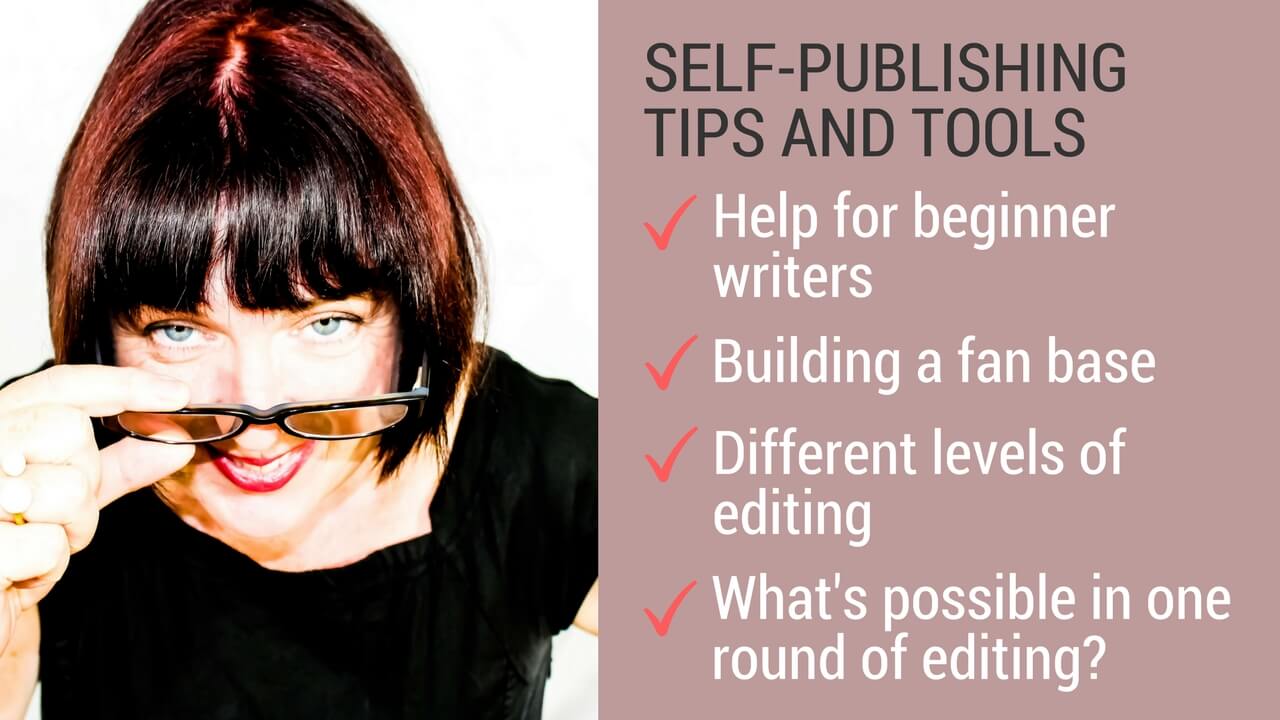
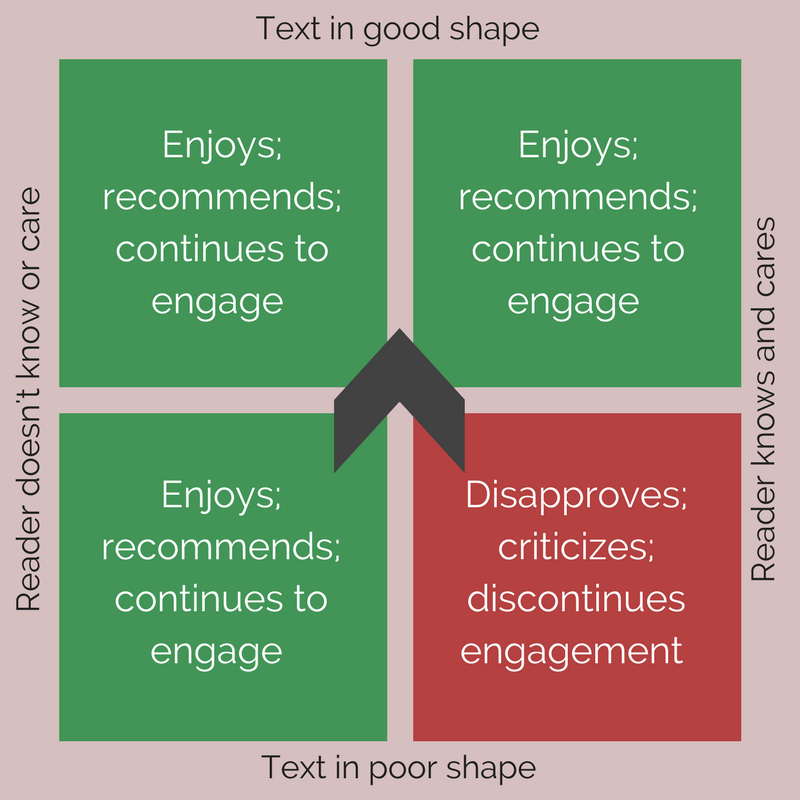
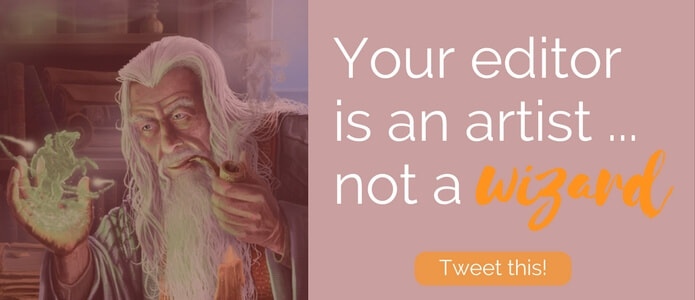
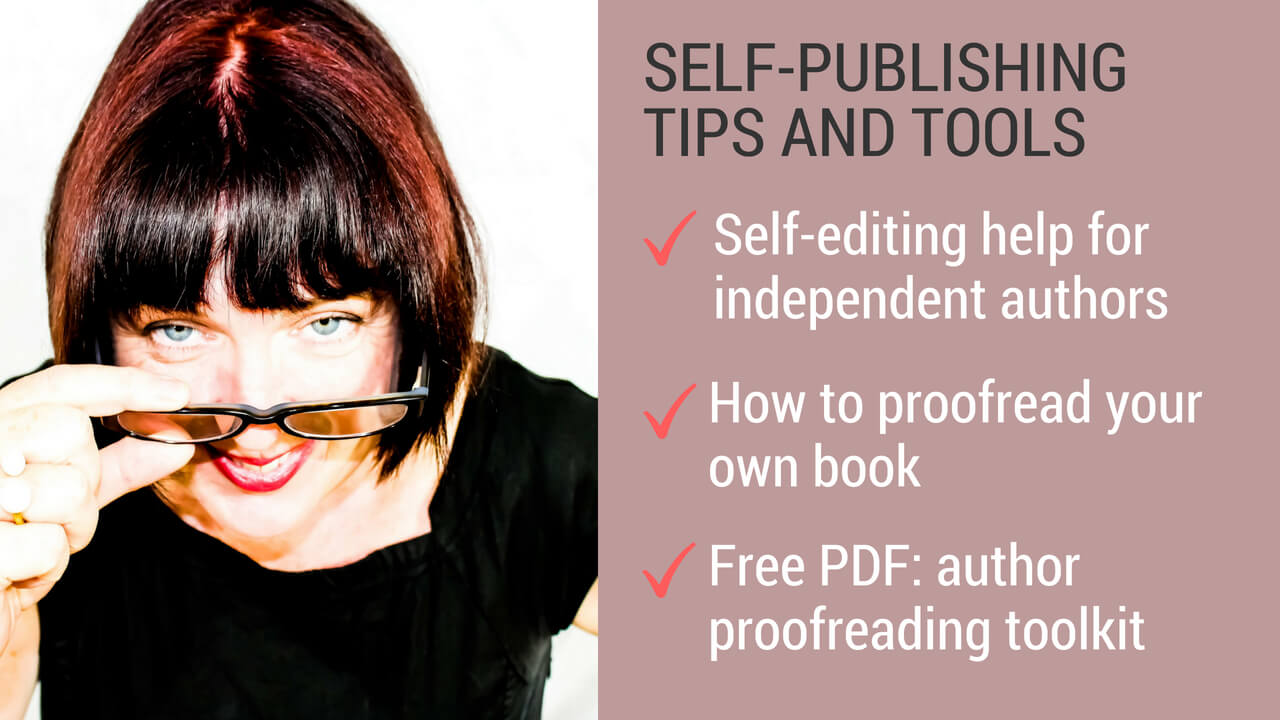
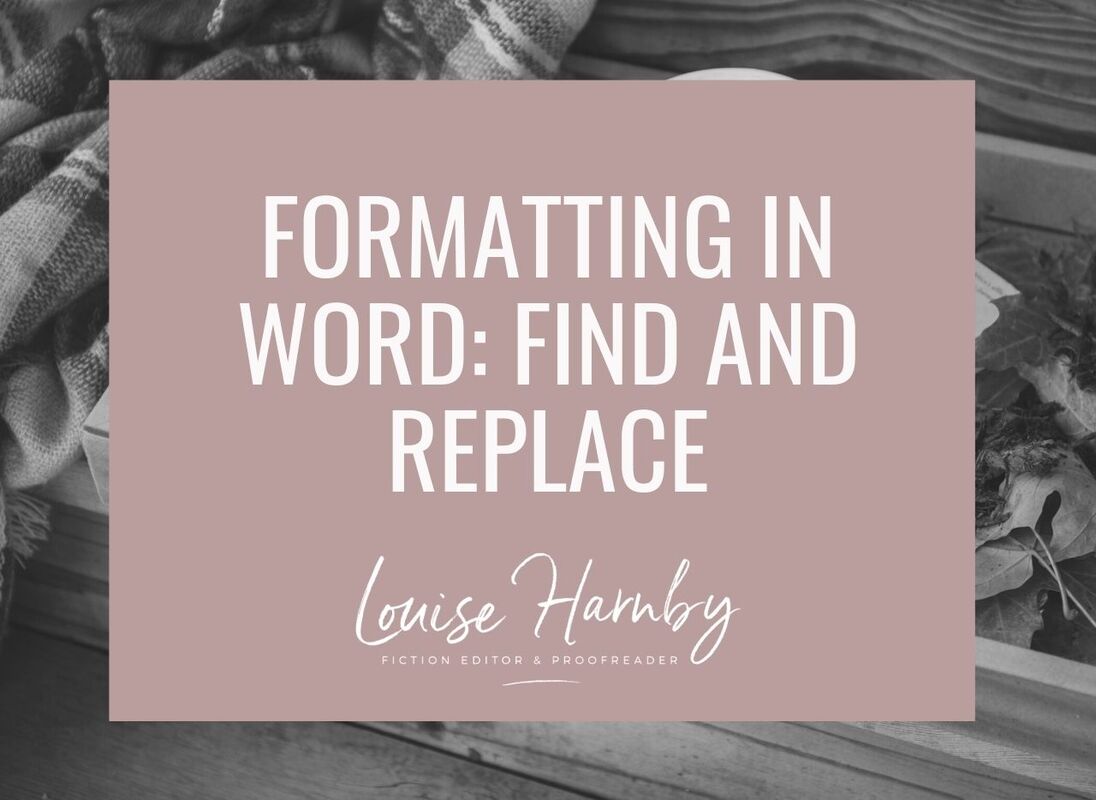
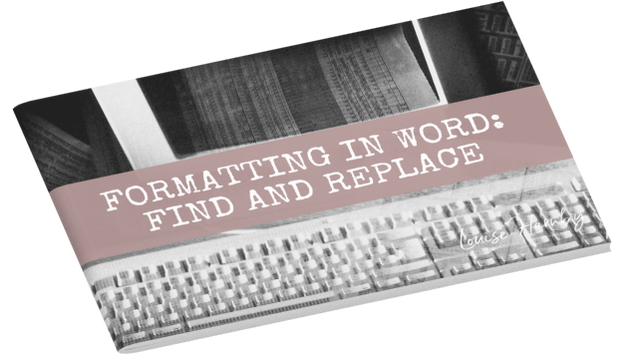
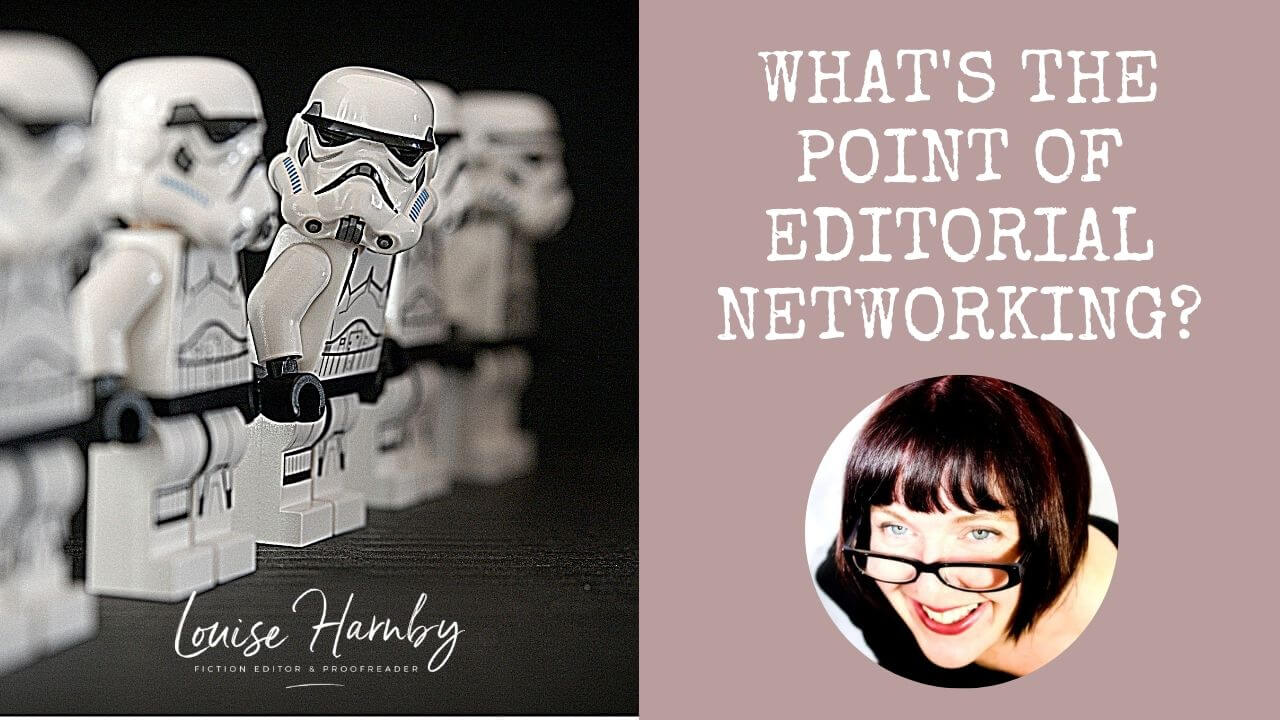
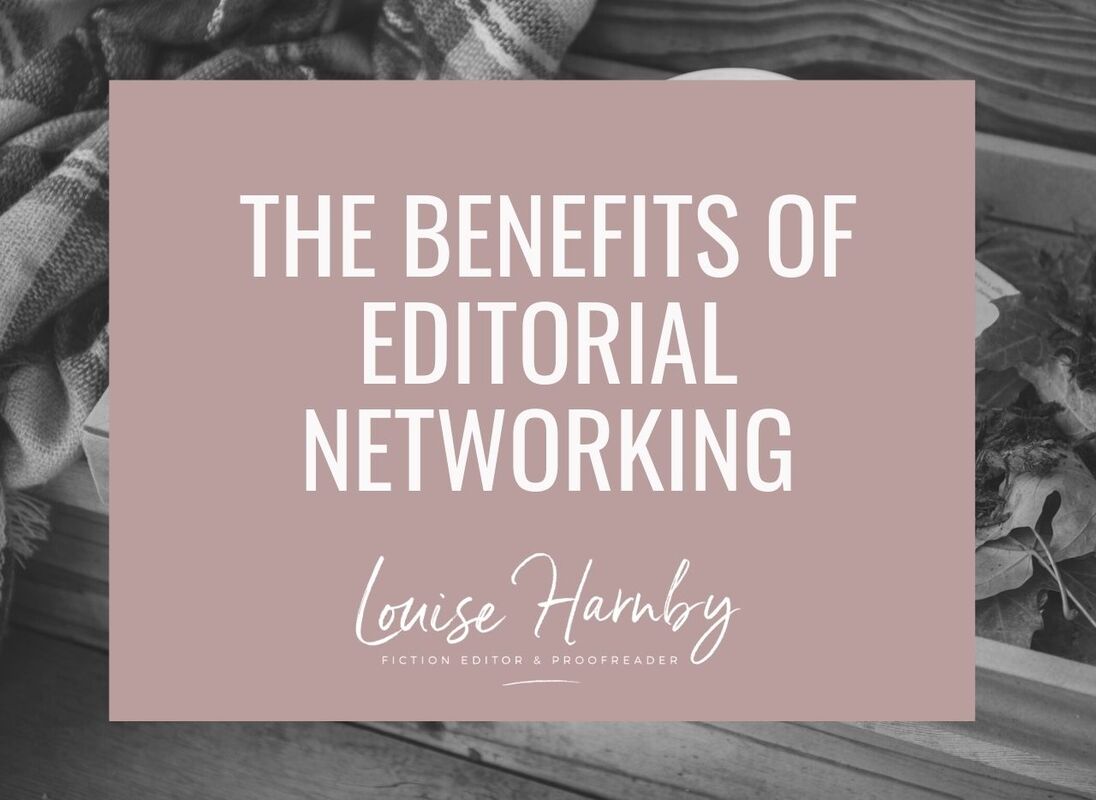
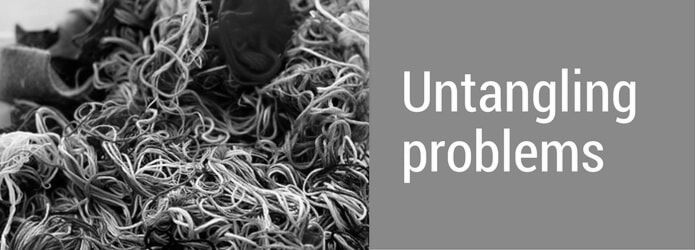

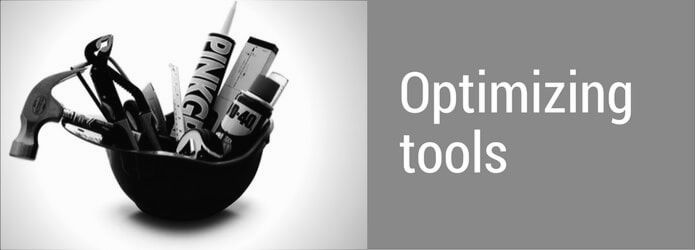
















 RSS Feed
RSS Feed





